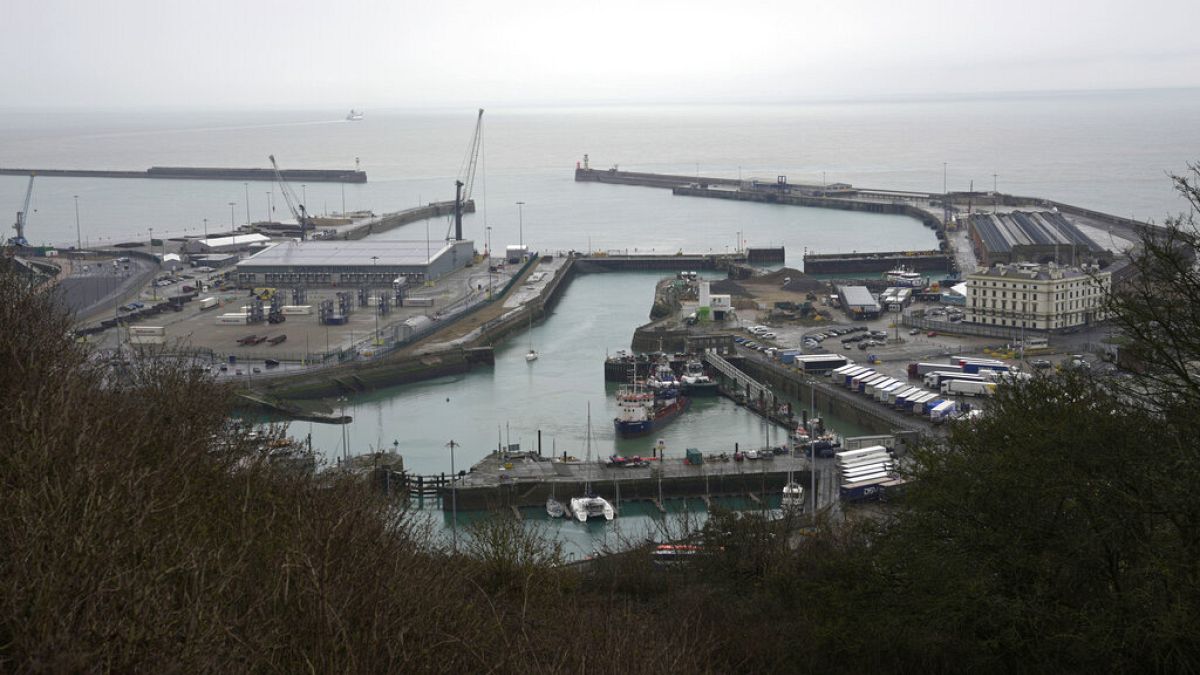A British coastguard vessel recently docked at the port of Dover after a successful rescue operation at sea. The vessel, operated by the Border Force, brought at least 85 migrants, including young children, to safety in Dover. The rescue took place in the early hours of the morning as the migrants were attempting to reach the UK in two small boats. This latest rescue comes after a similar operation earlier in June, where the Royal Navy rescued over 80 migrants off the Kent coast.
The rescue operation highlights the ongoing issue of migrants attempting dangerous journeys to reach the UK. The reasons for embarking on such perilous voyages vary, from seeking asylum to finding better opportunities. The British authorities have been working tirelessly to prevent further tragedies at sea and ensure the safety of those attempting the journeys. Despite the risks involved, many migrants continue to take the chance in search of a better life in the UK.
The recent rescue operation also sheds light on the challenges faced by border control agencies in managing the influx of migrants. The coastguard, Border Force, and Royal Navy play crucial roles in conducting rescue operations at sea and ensuring the safety of those on board. These operations require coordination and resources to respond effectively to distress calls and prevent further casualties. The authorities are working to address the root causes of migration and improve border security measures to reduce the need for such risky journeys.
The plight of migrants risking their lives to reach the UK has sparked debates on immigration policies and humanitarian responses. While some advocate for stricter border controls to deter illegal crossings, others argue for more compassion and support for those in need. The issue of migration is complex and multifaceted, requiring a balanced approach that considers both security concerns and humanitarian considerations. The recent rescue operation serves as a reminder of the human cost of irregular migration and the need for coordinated efforts to address the root causes.
As the UK continues to grapple with the challenges of irregular migration, cooperation with international partners is essential. The issue of migration transcends national boundaries and requires a coordinated response at the regional and global levels. The UK has been working with EU partners, neighboring countries, and international organizations to address the root causes of migration, enhance border security, and improve rescue operations at sea. These efforts aim to prevent further tragedies and ensure the safety and well-being of migrants seeking a better future.
In conclusion, the recent rescue operation at sea highlights the complex nature of irregular migration and the challenges faced by border control agencies in managing the influx of migrants. The UK authorities are working diligently to prevent further tragedies and ensure the safety of those attempting dangerous crossings. As the debate on immigration policies continues, a balanced approach that considers both security concerns and humanitarian considerations is essential. Cooperation with international partners is crucial in addressing the root causes of migration and improving border security measures to create a safer environment for all.










